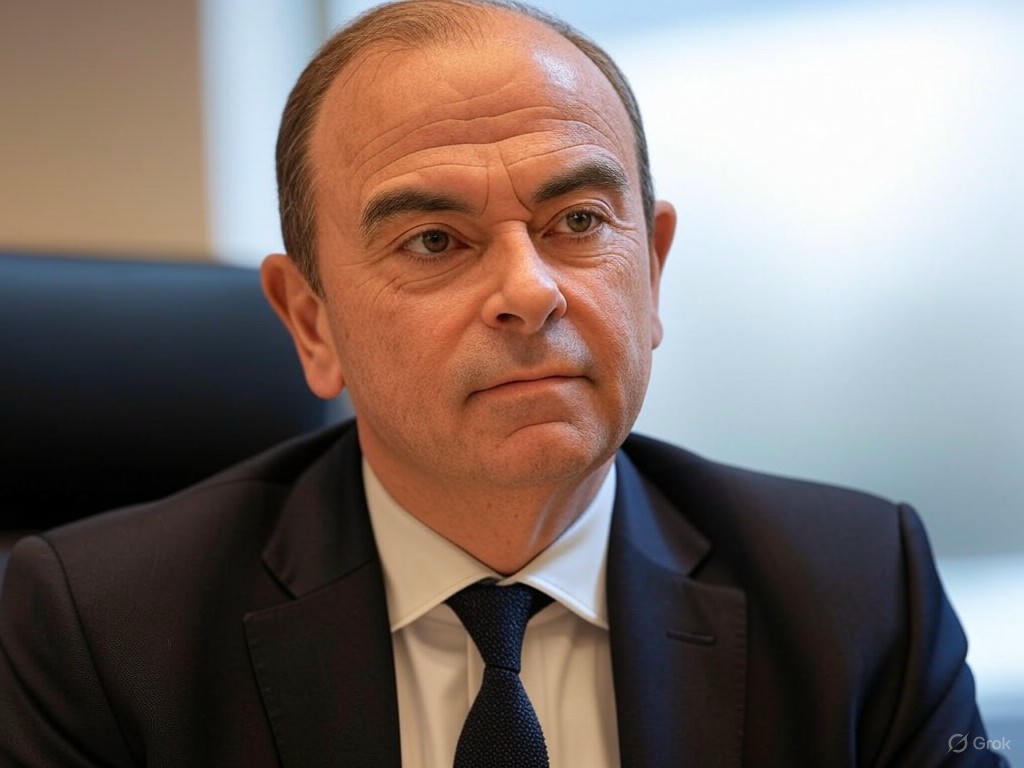In a surprising turn of events, Luca de Meo, the dynamic force behind Renault’s ambitious revival and the mastermind of the Alpine Formula 1 project, is set to depart from his role as CEO of the French automotive giant next month. De Meo’s tenure has been marked by bold strategies and a relentless push to reposition Renault as a competitive player in both the automotive and motorsport arenas. His exit raises critical questions about the future direction of the company and its high-profile racing endeavors.
Since taking the helm at Renault in 2020, De Meo has been instrumental in steering the company through turbulent times. With a sharp focus on innovation and brand reinvention, he spearheaded the transformation of Renault’s motorsport division by reviving the Alpine brand as a symbol of performance and prestige. Under his leadership, Alpine returned to Formula 1 with renewed vigor, aiming to blend cutting-edge technology with the thrill of racing. His vision was not just about winning races but also about creating a synergy between motorsport achievements and consumer vehicles, elevating the brand’s global appeal. Beyond the racetrack, De Meo’s strategic roadmap included a strong push toward electrification and sustainability, aligning Renault with the industry’s shift toward greener technologies.
The announcement of his departure comes at a pivotal moment for Renault. While the company has made significant strides under his guidance, challenges remain, including intense competition in the electric vehicle market and the need to sustain momentum in Formula 1. Industry analysts are now speculating on who will step into De Meo’s shoes and whether the incoming leadership will maintain the same level of commitment to the Alpine F1 project. There are concerns that a change in priorities at the top could impact the team’s funding and long-term goals, especially as Formula 1 continues to evolve with new regulations and technological demands. De Meo’s personal passion for racing was a driving force behind Alpine’s resurgence, and replacing that level of dedication may prove difficult.
As the automotive world watches this transition, there is also curiosity about De Meo’s next move. Known for his transformative approach, he is likely to attract attention from other major players in the industry or even beyond. Meanwhile, Renault must focus on preserving the momentum De Meo created. The Alpine F1 team, in particular, stands as a testament to his vision of combining heritage with innovation—a legacy that could either flourish or falter depending on the direction chosen by his successor. For now, stakeholders and fans alike are left to reflect on De Meo’s impactful tenure and hope that Renault’s commitment to excellence on and off the track remains unwavering in the face of this significant leadership change.
